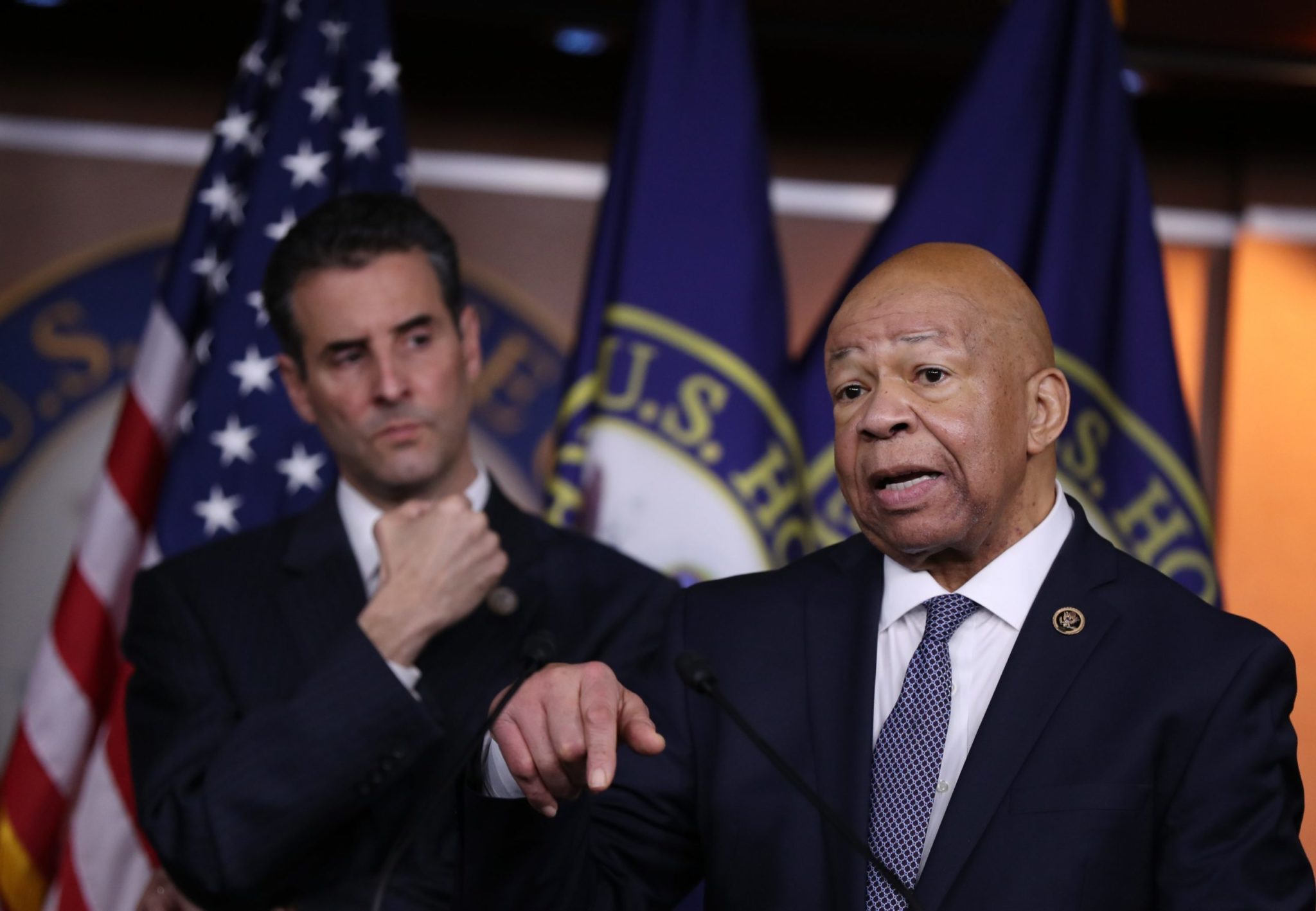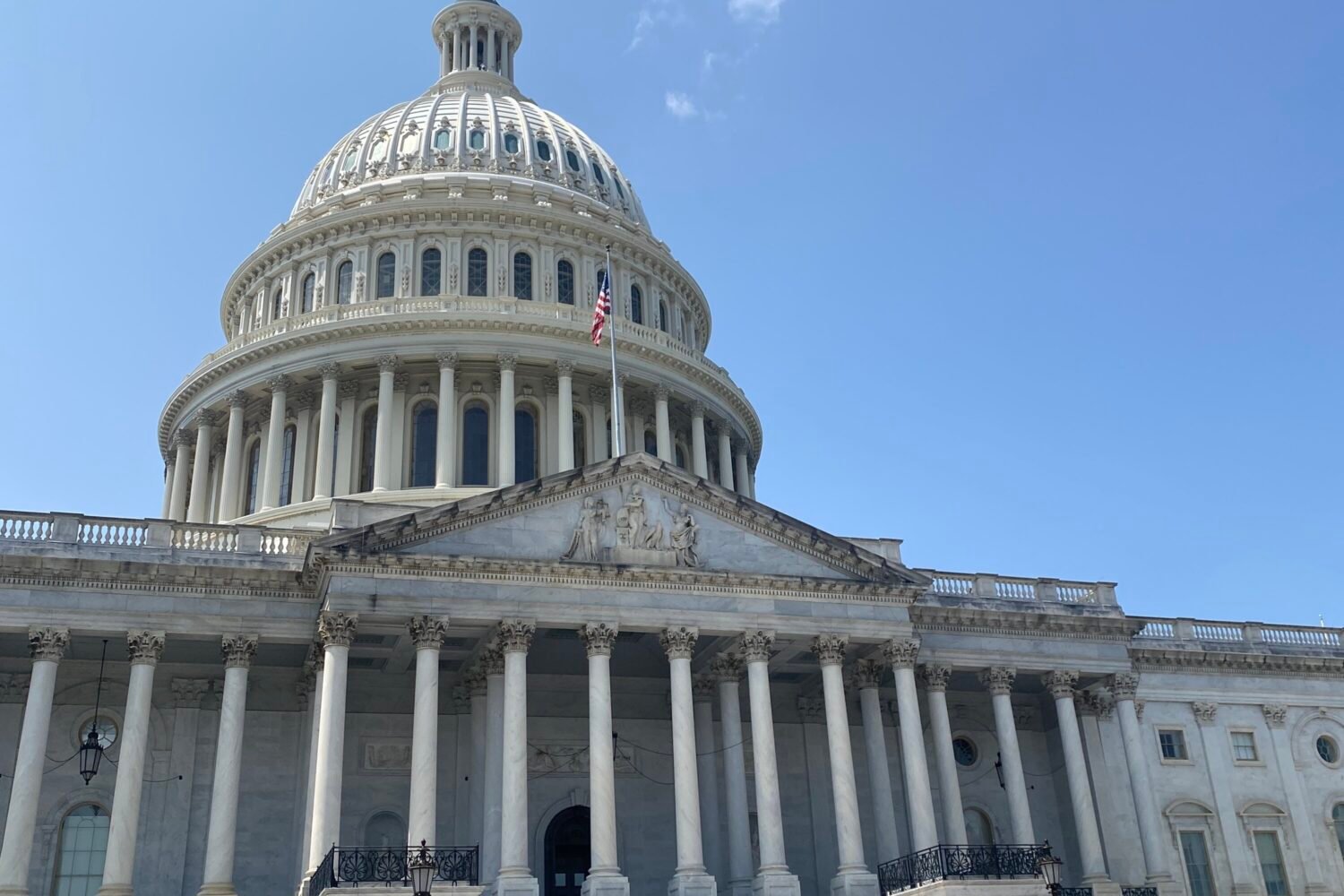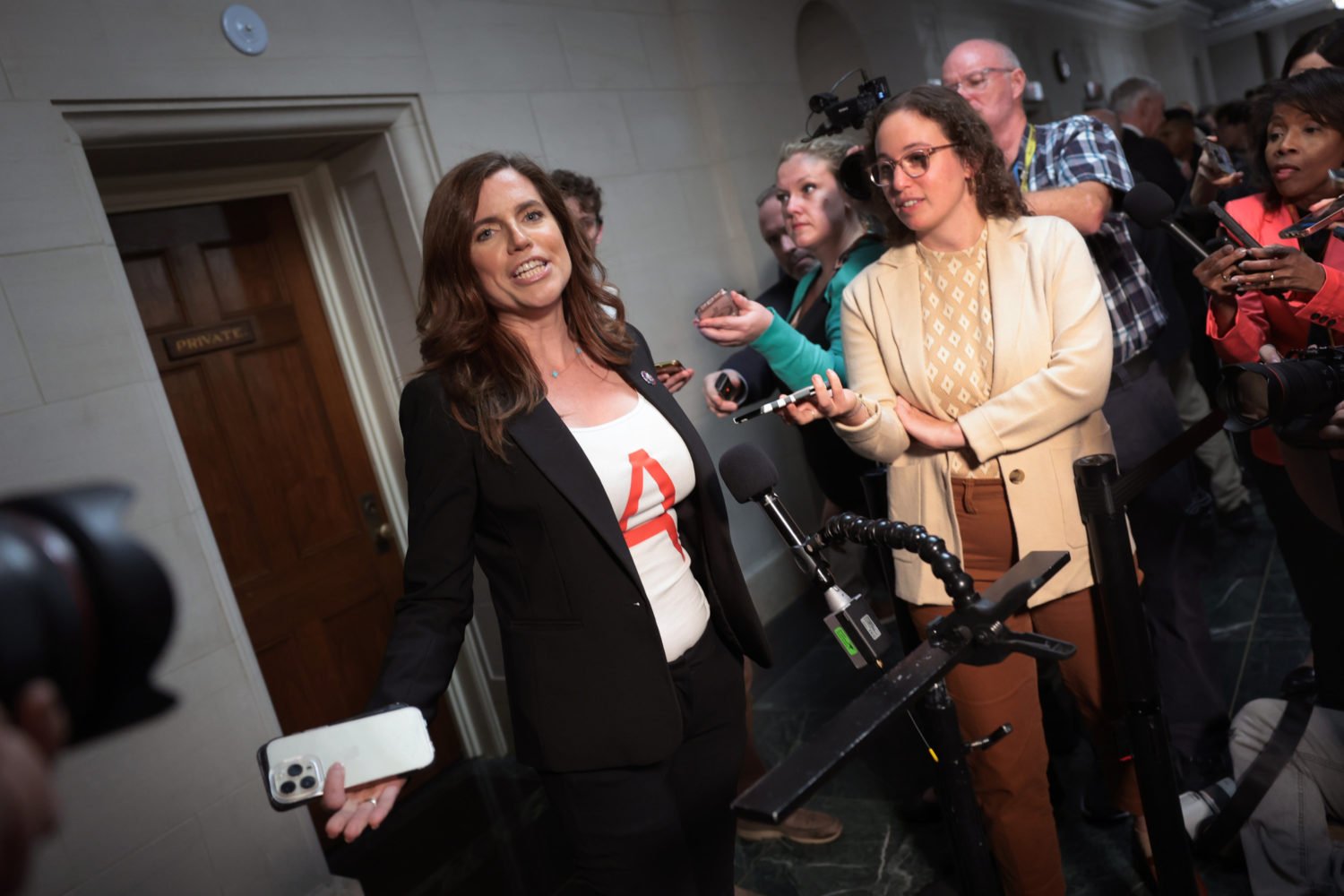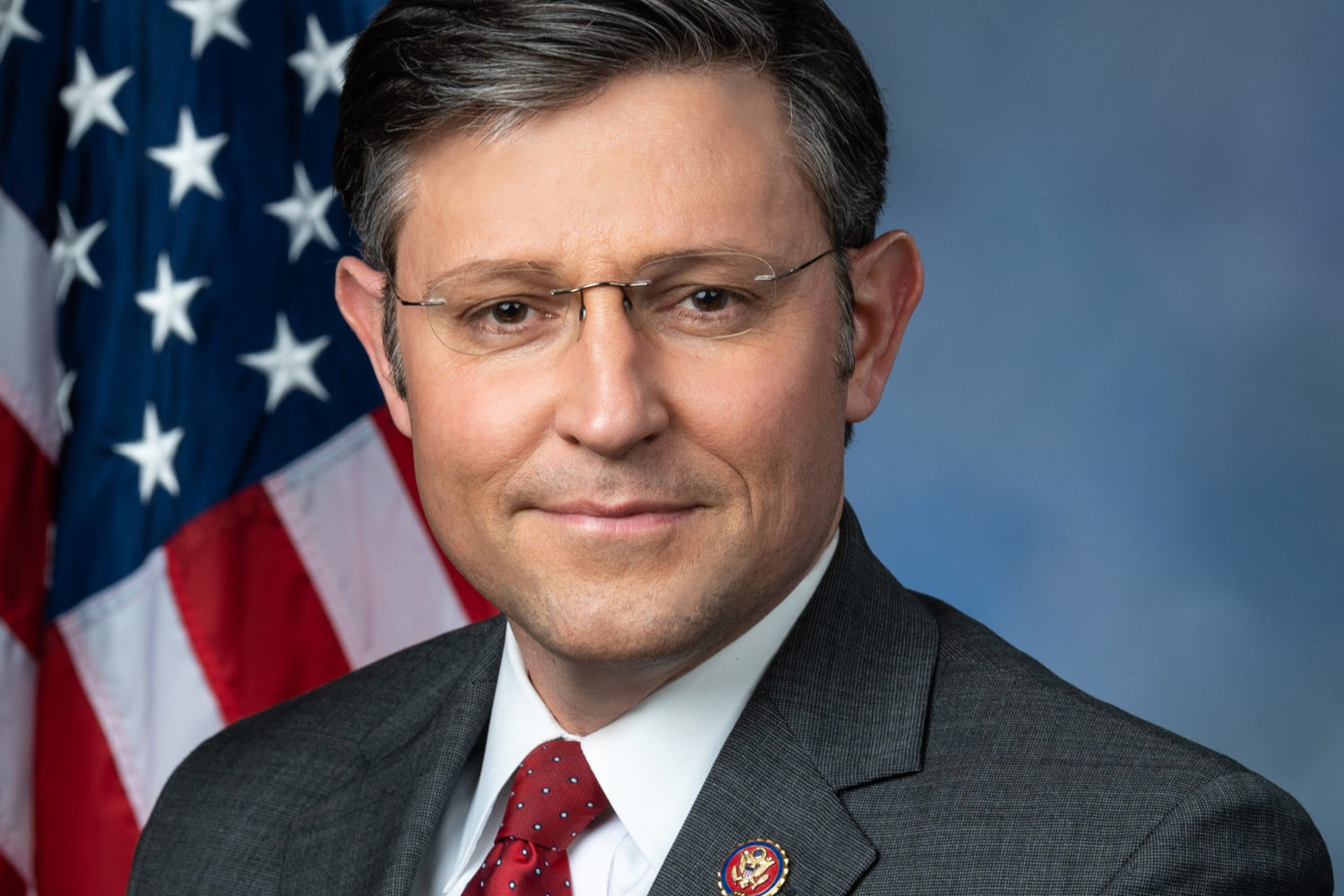The House Oversight and Government Reform Committee will be the white-hot beating center of the effort to impose oversight on the Trump administration when Democrats take over the House of Representatives in January. And a quarter of its Democratic membership—DC’s Eleanor Holmes Norton, Virginia’s Gerry Connolly, Maryland’s Jamie Raskin, John Sarbanes, and the soon-to-be committee chairman, Elijah Cummings—is from DC, Maryland, and Virginia. All represent jurisdictions where Trump is especially unpopular.
Ethics “is going to be one of the top issues” of the next two years, predicts Walter Shaub, a former director of the Office of Government Ethics, now a senior advisor for the DC-based Citizens for Responsibility and Ethics in Washington, or CREW. Along with the other four members of the DMV delegation, Shaub says, “My money is on Cummings to be the number one champion” of a cause that will have Americans glued to their various screens for much of next year.
In a half-hour phone call, Shaub ticked off an exhausting (though not exhaustive) appendix of potential ethical violations that could wind up on the docket of House Oversight. “For the past two years Congress has entirely abdicated its constitutional responsibility to conduct meaningful oversight,” Shaub says. “There’s been nobody to do anything about it. Now [Trump’s] going to have to answer some questions.”
How might the DMV delegation shape the coming battle with the Trump administration? A peek at the public statements and Twitter feeds of area congresspeople hints at where their priorities and Shaub’s predictions overlap:
Naughty cabinet officials
The Supreme Court has shielded @SecretaryRoss from questions about adding a citizenship question, which will undercount US residents in the #2020Census. My bill to prohibit such questions would ensure an accurate Census that counts all residents. https://t.co/lMn5ZgKeKY
— Eleanor #DCStatehood Holmes Norton (@EleanorNorton) October 23, 2018
“You’ve got a number of swirling potential scandals around Wilbur Ross,” Shaub says. One could involve a questions of conflict of interest, after Bloomberg reported this year the existence of several financial stakes from which the commerce secretary failed to divest when he took office.
Another question about Ross: Did he mislead Congress? A controversial federal initiative to add a question about US citizenship to the Census is currently the subject of six ongoing lawsuits. In March, Ross testified before Congress that the Department of Justice initiated the citizenship question in December 2017, following legal protocol. But court documents indicate that Ross spoke months earlier to Steve Bannon. Bannon who urged Ross to vet the idea with then Kansas Secretary of State Kris Kobach, who was leading the Trump administration’s doomed “voter fraud” commission.
Shaub acknowledged other controversies surrounding cabinet officials: Interior Secretary Ryan Zinke for his travel habits; Ben Carson for his luxurious office furniture; and both CDC director Brenda Fitzgerald and Consumer Financial Protection Bureau director Mick Mulvaney, who may have invested improperly in the companies they’re tasked with regulating—plus, for Mulvaney, a brewing real estate scandal.
These and other officials could be hauled before the Oversight Committee, Shaub said, including some new faces, such as Elaine Chao: Earlier this year, Chao and her father, global shipping magnate James Chao, appeared on Chinese television with the Department of Transportation emblem behind them hyping the family business.
Emoluments and international pay-to-play
It will be a gloomy night over at the Trump Hotel, AKA The Washington Emolument, and the Alt-White House when all the Trumps, Kings and Princes learn that Judge Messitte seems serious about stopping POTUS from running the government as a money-making operation for his family. https://t.co/GesizbUyB7
— Rep. Jamie Raskin (@RepRaskin) November 2, 2018
Cummings is considering giving high priority to investigating the question of gifts by foreign governments or agents, known as emoluments in constitutional parlance, according to CNN. “Emoluments will be high on the list” of House Oversight priorities, Shaub says. “What is the extent of his conflict of interest, and how are they influencing foreign relations?”
“We don’t know who is investing in what—whether a country, or key actors in that country, have invested in his business, or have leverage over him, because of his liabilities he owes them,” Shaub says. “They can start by getting information through his tax returns, or by demanding that individuals come up there and brief them—or, if necessary, testify in a hearing.”
It's no surprise Trump is fixated on the FBI HQ. Yet another example of his conflicts of interest.
-It's prime real estate down the street from Trump International
-He has business ties w/ one of the biddersIt's why I asked the IG to investigate. https://t.co/8BeK78Yaxx https://t.co/qibWXrndtK
— Rep. Gerry Connolly (@GerryConnolly) July 30, 2018
The White House “could be taking other actions that facilitate his projects in those countries,” Shaub continues. “We don’t know if the reason Trump has gone light on the Saudis is because they frequent his hotels, or that they’ve got some business ties to him that go back decades.”
Self-enrichment
Friendly businesses also get special treatment.
Family, friends and donors get perks.
Trump’s orbit receives cash.— Rep. John Sarbanes (@RepSarbanes) October 29, 2018
The most glaring question of potential self-dealing involves the Trump’s family’s so-called blind trust, and the GSA’s decision that such an arrangement doesn’t constitute a financial interest—a decision Shaub calls “preposterous.”
Shaub pointed out instances of potential self-dealing that have received little attention during the past two years. One involves a business trip Donald Trump Jr. took to India, which Shaub thinks was meant to monetize his connection to the president.
Another grievance DMV delegates aren’t likely to let drop: The nixing of FBI plans to move their downtown headquarters out of DC. An inspector general report suggests that GSA administrator Emily Murphy misled Congress over the FBI’s decision, and whether the White House had expressed any interest in the outcome. “The Trump Hotel is a block over and up the street,” Shaub says. “Trump may have a real interest making sure that land doesn’t become available to another potential hotel owner.”
Connolly, a proponent of the move, hasn’t been shy about airing his suspicions: “The FBI headquarters decision was tainted by President Trump’s conflicts of interest and left many of us wondering how GSA could come to such a flawed decision,” Connolly told Government Executive over the summer.
Family separation at the border
We all should be able to agree that in the United States of America, we will not intentionally separate children from their parents. We will not do that. We are better than that! We are so much better! pic.twitter.com/rz8Fh500Al
— Elijah E. Cummings (@RepCummings) June 19, 2018
One lesser-known component to the border crisis that played out this year: The policy’s apparent failure to comply with records-keeping laws. The administration “didn’t create a system of records to track names and family affiliations, Shaub says. CREW considers that a violation of the Records Act. That bureaucratic detail, Shaub says, proves that “Trump clearly had no intention of ever returning [the separated children] to their parents.”
The Russia probe
The Mueller investigation may have been thrown into jeopardy this week when Trump fired Attorney General Jeff Sessions, but it may yet find life in House committees that can resume a process cut short by House Republicans. “They pretty much need to start from scratch,” Shaub says.
It’s unclear how much of the portfolio of Russia-related oversight questions will fall to the DMV-dominated House Oversight Committee. Shaub thinks some may; regardless, “Congress needs to pick up the mantle,” he says.
One area for Cummings’ Committee: The nature of Sessions’ firing itself. “Congress must now investigate the real reason for this termination,” Cummings said in a statement this week.
And many, many more
See here for the full list of @realDonaldTrump’s #CultureOfCorruption. https://t.co/OkwJwkyaJx
— Rep. John Sarbanes (@RepSarbanes) October 29, 2018
Shaub ticks through a list of issues you may have forgotten about: Alleged use of private email by White House staff (potentially including Jared Kushner) and thus falling afoul of public records laws; the cost to the public of Trump’s numerous visits to his properties; and how the White House has handled security clearances.
Whatever happens, Congress should prepare to drink from a firehose. “They’re going to have to pick their battles,” Shaub says. “They simply don’t have the resources to handle the avalanche of unethical behavior in this administration that’s been going on for two years.”










